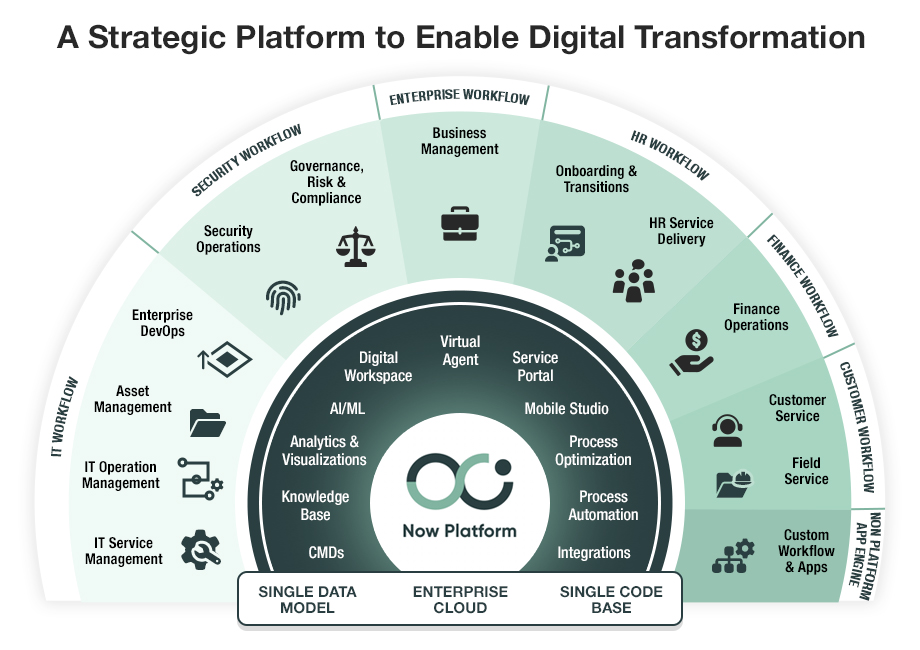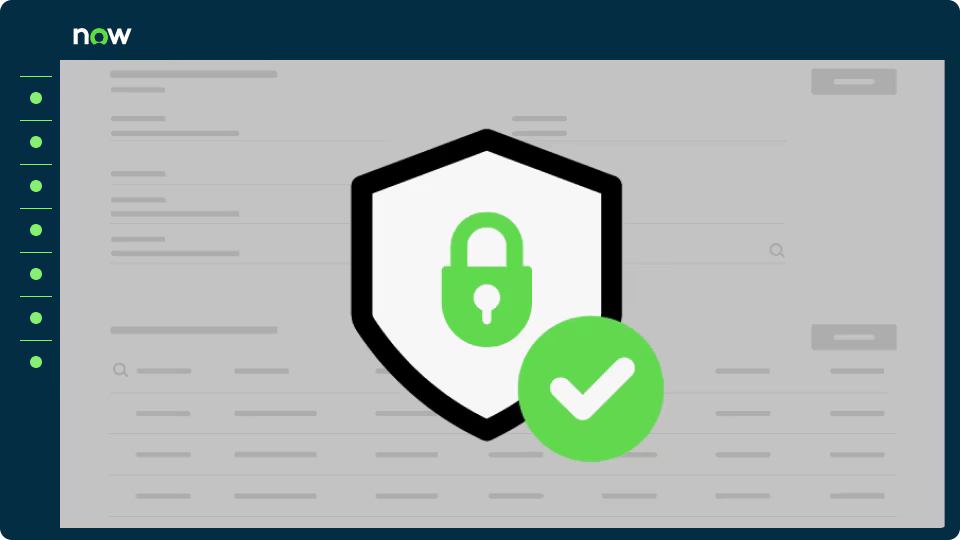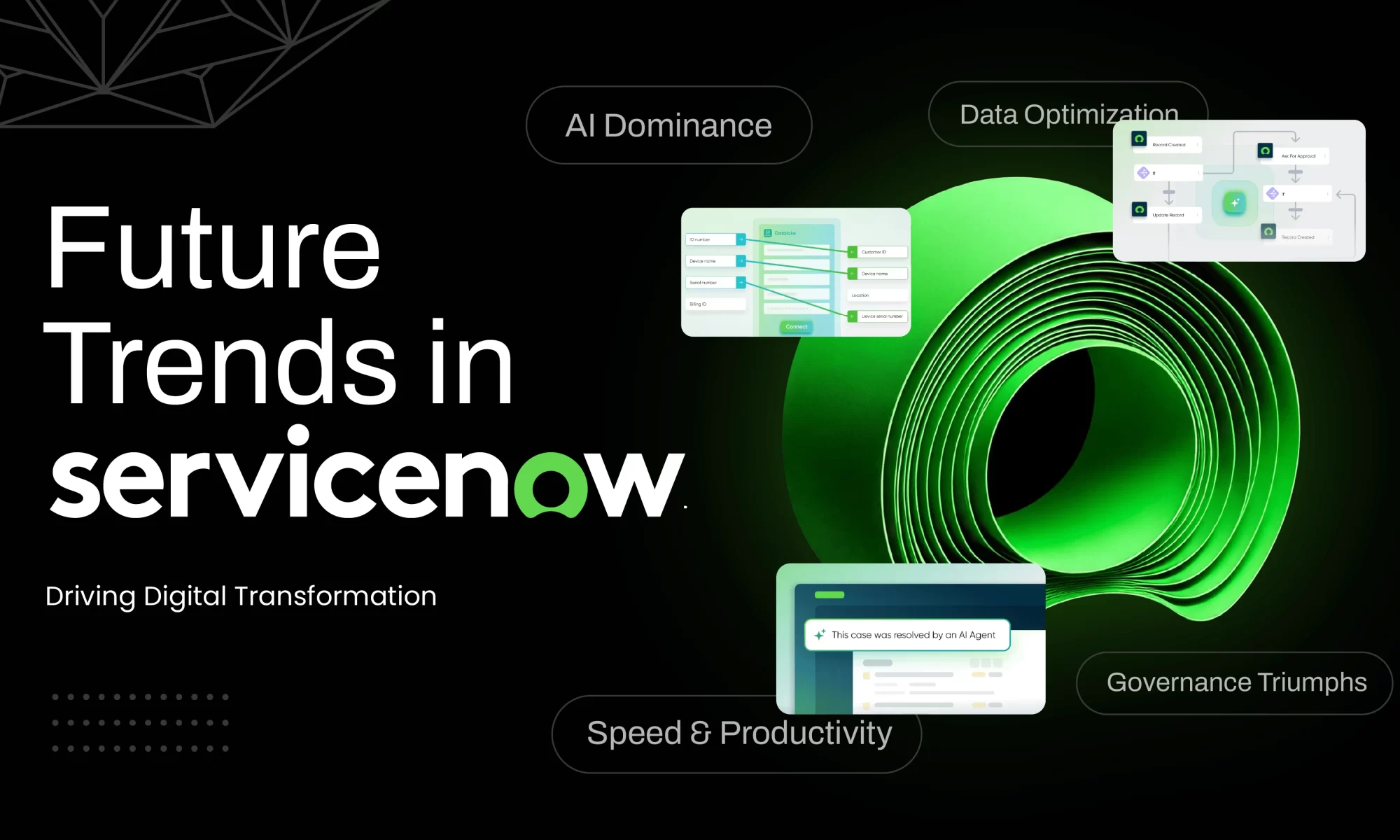In today’s fast-paced digital landscape, organizations are increasingly relying on powerful platforms like ServiceNow to streamline operations, improve service delivery, and drive digital transformation. Known for its flexibility and comprehensive suite of applications, ServiceNow offers solutions across IT, HR, customer service, security, and more. But to truly unlock its potential, it’s essential to understand the various modules within the ServiceNow ecosystem and how they can be leveraged effectively.
Whether you’re a business decision-maker or an IT professional, working with a ServiceNow consultant in New York can be a strategic move to ensure the platform is implemented and customized to meet your specific needs.
What Is the ServiceNow Ecosystem?
The ServiceNow ecosystem refers to the platform’s integrated suite of applications designed to automate workflows across different business functions. Built on a powerful cloud-based architecture, ServiceNow allows organizations to break down silos, improve visibility, and drive efficiency through automation and centralized service management.
Let’s explore the key modules within the ecosystem and their practical applications.
1. IT Service Management (ITSM)
Application: Streamlining IT processes, automating service desk functions, and improving incident, problem, and change management.
Why it matters: ITSM remains one of the core modules of ServiceNow. It enhances service delivery while ensuring compliance and minimizing downtime. Companies often begin their ServiceNow journey here.
2. IT Operations Management (ITOM)
Application: Providing real-time visibility into infrastructure and services, improving uptime, and enabling proactive operations.
Why it matters: ITOM tools such as Discovery, Event Management, and Service Mapping help organizations predict issues before they affect the business, ensuring continuity and performance.
3. IT Business Management (ITBM)
Application: Aligning IT initiatives with business goals through project and portfolio management, resource optimization, and agile delivery.
Why it matters: ITBM enables better prioritization of projects, budget forecasting, and resource allocation, making it invaluable for CIOs and PMOs.
4. Customer Service Management (CSM)
Application: Improving customer satisfaction through case management, self-service portals, and omnichannel support.
Why it matters: CSM helps organizations shift from reactive to proactive service models, ultimately reducing resolution times and increasing customer loyalty.
5. HR Service Delivery (HRSD)
Application: Streamlining HR operations with digital onboarding, case management, and knowledge bases.
Why it matters: HRSD ensures that employees have a consistent and efficient experience, from day one through every HR interaction thereafter.
6. Security Operations (SecOps)
Application: Automating incident response and vulnerability management while integrating with security tools.
Why it matters: With cyber threats becoming more sophisticated, SecOps enables faster threat detection, prioritization, and remediation to protect business assets.
7. Governance, Risk, and Compliance (GRC)
Application: Managing risk, tracking compliance, and ensuring policy enforcement across the organization.
Why it matters: GRC helps reduce organizational risk and supports audit readiness with real-time dashboards and automated workflows.
Why Work with a ServiceNow Consultant in New York?
Navigating these modules can be overwhelming without the right expertise. Engaging a ServiceNow consultant in New York provides localized support with a global perspective. These consultants bring hands-on experience, industry best practices, and technical know-how to help tailor ServiceNow implementations to your business goals.
Whether you’re looking to improve service desk efficiency, automate HR workflows, or enhance customer engagement, a trusted consultant ensures faster ROI and long-term success.
Final Thoughts
The ServiceNow platform is vast, but its power lies in its modular design and adaptability. Understanding which modules align with your business needs—and deploying them strategically—is the key to maximizing value.
If you’re just starting out or aiming to scale your current implementation, consider partnering with a ServiceNow consultant in New York to guide your journey through the ecosystem with confidence.




